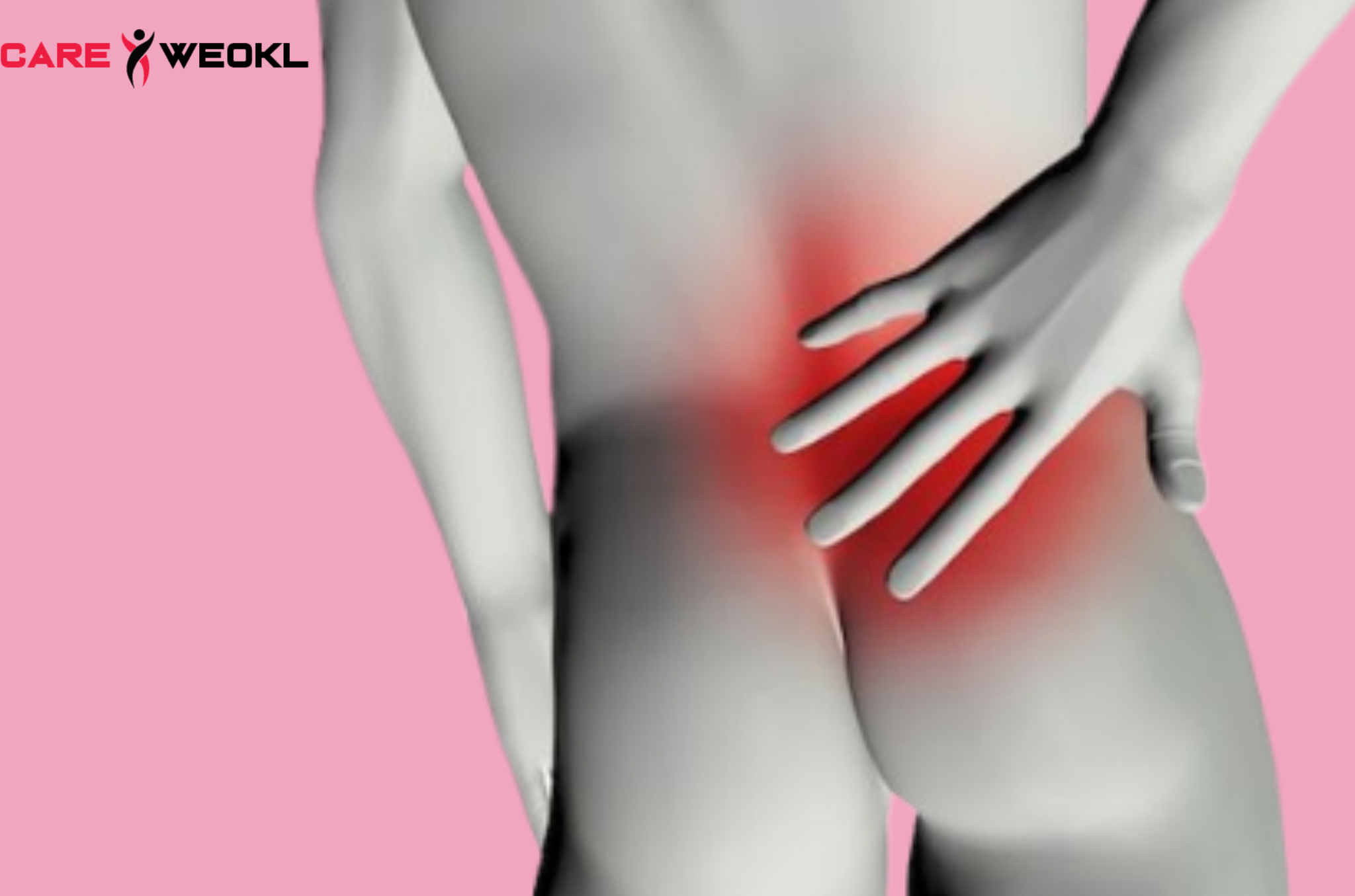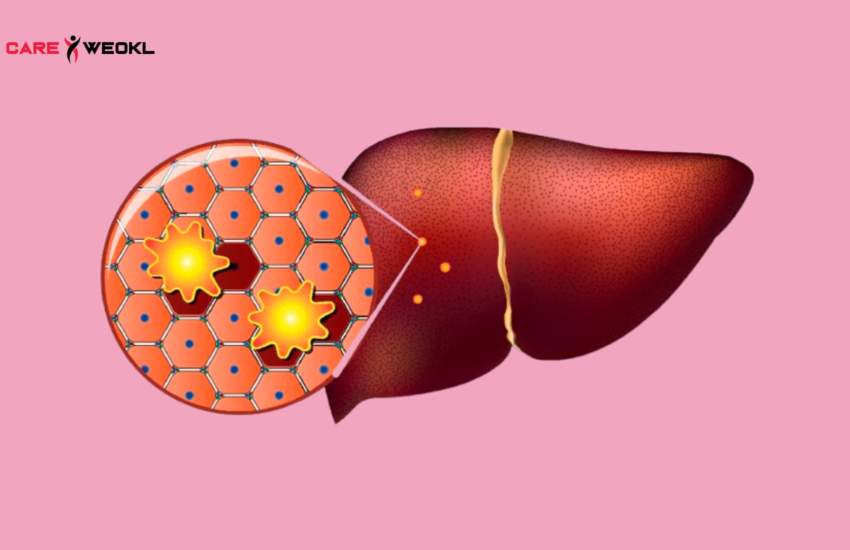The Vitamin Deficiency That is KILLING Your Sciatic Nerve
Sciatica is a debilitating condition that causes pain, numbness, and tingling sensations along the sciatic nerve, which runs from the lower back down to the legs. While sciatica is commonly attributed to issues like herniated discs or spinal stenosis, one often-overlooked cause is vitamin deficiency. In particular, a deficiency in Vitamin B12 can severely affect nerve health, exacerbating sciatic pain and nerve degeneration.
Why Vitamin B12 is Essential for Nerve Health
Vitamin B12 plays a crucial role in maintaining the health of nerve cells and forming the protective myelin sheath that insulates nerves. Without sufficient B12, nerves—including the sciatic nerve—can become damaged, leading to chronic pain and dysfunction.
Signs of Vitamin B12 Deficiency
If you’re experiencing sciatic nerve pain and suspect a vitamin deficiency, watch out for these symptoms:
- Numbness or tingling in the legs, feet, or hands
- Muscle weakness and difficulty walking
- Fatigue and dizziness
- Mood changes, including depression or memory issues
- Pale or jaundiced skin
How Vitamin B12 Deficiency Contributes to Sciatica
When your body lacks enough B12, the nerve cells deteriorate, leading to increased inflammation and pain along the sciatic nerve. Over time, chronic deficiency can cause irreversible nerve damage, making early detection and treatment crucial.
Who is at Risk for B12 Deficiency?
Certain individuals are more susceptible to developing a B12 deficiency, including:
- Older adults (due to decreased absorption)
- Vegetarians and vegans (as B12 is primarily found in animal products)
- People with digestive disorders (such as Crohn’s or celiac disease)
- Those who have had gastric bypass surgery
- Individuals taking certain medications (such as metformin or proton pump inhibitors)
How to Restore Vitamin B12 Levels
If you suspect a B12 deficiency is contributing to your sciatic nerve pain, consider the following steps:
- Increase Dietary Intake: Consume more B12-rich foods such as eggs, dairy, fish, poultry, and fortified cereals.
- Take Supplements: B12 supplements, including sublingual tablets or injections, can help restore normal levels quickly.
- Consult a Doctor: A blood test can determine your B12 levels and guide the appropriate treatment plan.
- Address Absorption Issues: If your deficiency is due to an absorption problem, your doctor may recommend B12 injections or alternative treatments.
Conclusion
Vitamin B12 deficiency is a hidden yet significant contributor to sciatic nerve pain. If you suffer from persistent sciatica and haven’t explored vitamin deficiencies as a potential cause, it may be time to evaluate your B12 levels. Addressing this deficiency early can help alleviate symptoms, prevent long-term nerve damage, and improve overall nerve health.



